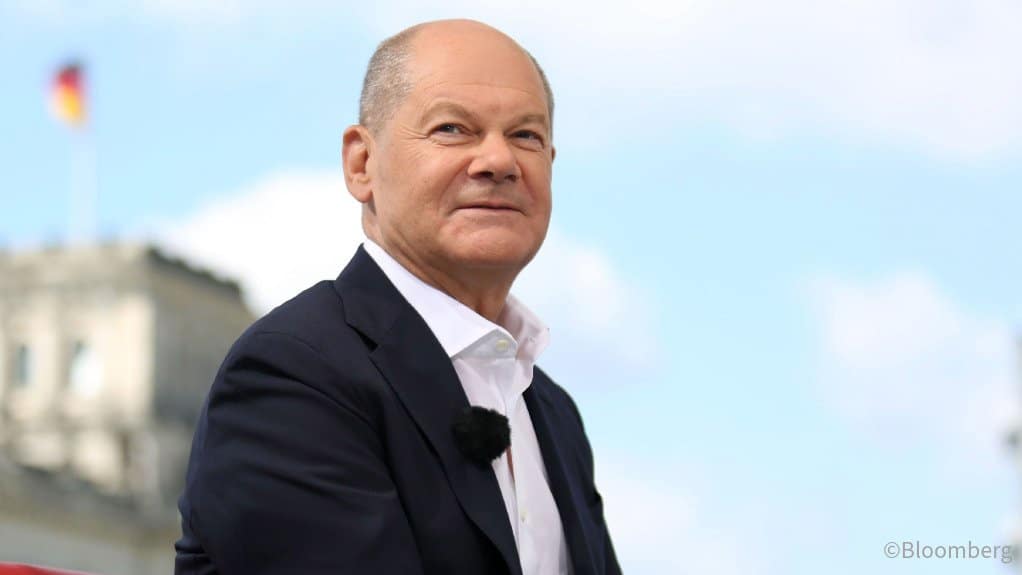German Chancellor Olaf Scholz plans to visit Serbia this week to secure supplies of lithium that are critical for the nation’s energy transition and auto industry, according to people familiar with the matter.
Scholz probably will be in Belgrade on Friday to sign an agreement with Serbia President Aleksandar Vucic and Cabinet Ministers, the people said, asking not to be identified because the details aren’t final.
A German government spokesman declined to comment. The Serbian government didn’t immediately respond to a request for comment.
The potential deal comes a week after Serbia’s top court overturned the government’s 2022 decision to halt a $2.4-billion lithium project by Rio Tinto Group because of concerns about its environmental impact. It would be Europe’s biggest lithium mine.
Vucic has said the mine potentially could produce about 58 000 t/y of lithium. However, it won’t start operating before 2028, and then only with firm guarantees concerning its environmental protection measures.
The European Union is wholly reliant on imports of lithium, and it was a key source of concern when the bloc wrote landmark legislation to bolster supplies of critical minerals last year.
But progress has so far been limited to broad pacts with allies such as Australia, and critics say a faster flow of direct funding is needed to help developers survive a severe downturn in battery-metal markets.
Serbia’s agreement with Germany, Europe’s biggest economy, comes as the former Yugoslav republic aspires to join the EU.
The lithium would help Germany’s plan to accelerate its move away from polluting gas and coal, and electrify its car industry. There also are some domestic lithium projects underway from startups such as Vulcan Energy Resources.



